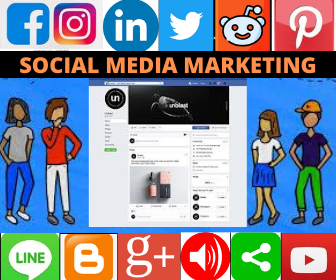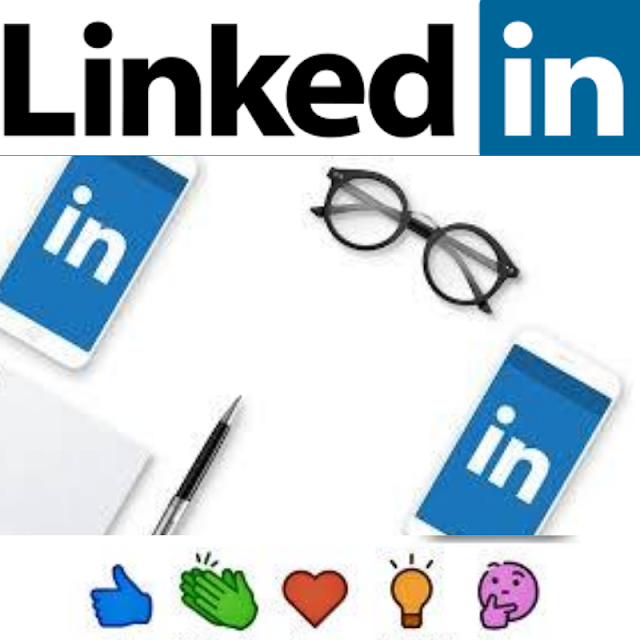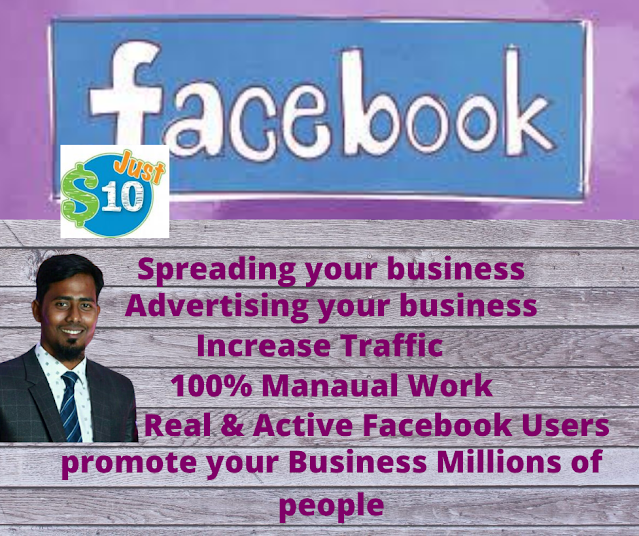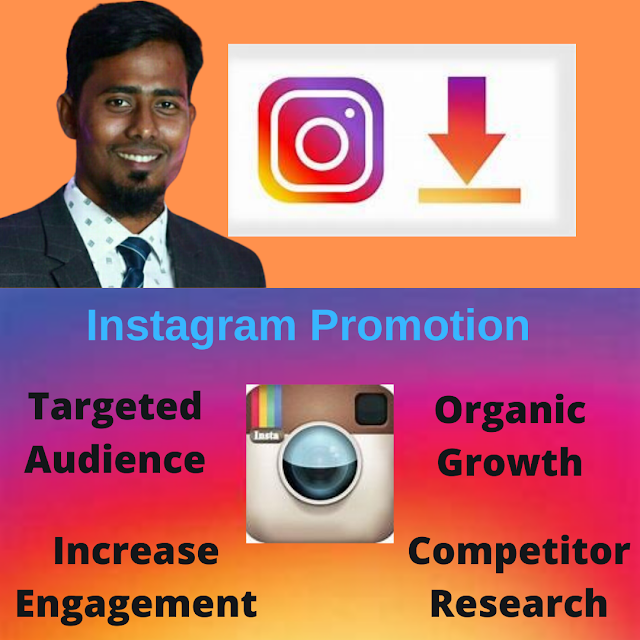The process of optimizing your website to 'rank' higher in program results pages, therefore increasing the quantity of organic (or free) traffic that your website receives. (Read this post to show yourself SEO in 30 days.)
Content Marketing
The creation and promotion of content assets for the aim of generating brand awareness, traffic growth, lead generation, or customers. (Learn what goes into a contemporary content marketing strategy here.)
Inbound Marketing
Inbound marketing refers to the 'full-funnel' approach to attracting, converting, closing, and delighting customers using online content.
Social Media Marketing
The practice of promoting your brand and your content on social media channels to extend brand awareness, drive traffic, and generate leads for your business. (Discover 41 resources for learning the way to leverage social media marketing here.)
Pay-Per-Click (PPC)
A method of driving traffic to your website by paying a publisher whenever your ad is clicked. one among the foremost common sorts of PPC is Google AdWords.
Email Marketing
Companies use email marketing as how of communicating with their audiences. Email is usually wont to promote content, discounts and events, also on direct people towards the business' website. (Check out these 15 successful email marketing campaigns for inspiration.)
Online PR
Online PR is that the practice of securing earned online coverage with digital publications, blogs, and other content-based websites. It's very similar to traditional PR, but within the online space.
What's the Difference Between Digital Marketing and Inbound Marketing?
On the surface, the 2 seem similar: Both occur primarily online, and both specialise in creating digital content for people to consume. So what is the difference?
The term 'digital marketing' doesn't differentiate between push and pull marketing tactics (or what we'd now ask as 'inbound' and 'outbound' methods). Both can still fall into the umbrella of digital marketing.
Digital outbound tactics aim to place a marketing message directly ahead of as many of us as possible within the online space -- no matter whether it's relevant or welcomed. for instance , the garish banner ads you see at the highest of the many websites attempt to push a product or promotion onto people that aren't necessarily able to receive it.
On the opposite hand, marketers who employ digital inbound tactics use online content to draw in their target customers onto their websites by providing assets that are helpful to them. one among the only yet most powerful inbound digital marketing assets may be a blog, which allows your website to maximize the terms which your ideal customers are checking out .
Ultimately, inbound marketing may be a methodology that uses digital marketing assets to draw in , convert, close, and delight customers online. Digital marketing, on the opposite hand, is just an umbrella term to explain online marketing tactics of any kind, no matter whether they're considered inbound or outbound.
Does Digital Marketing Work for All Businesses? B2B and B2C?
Digital marketing can work for any business in any industry. no matter what your company sells, digital marketing still involves building out buyer personas to spot your audience's needs, and creating valuable online content. However, that's to not say that each one businesses should implement a digital marketing strategy within the same way.


















